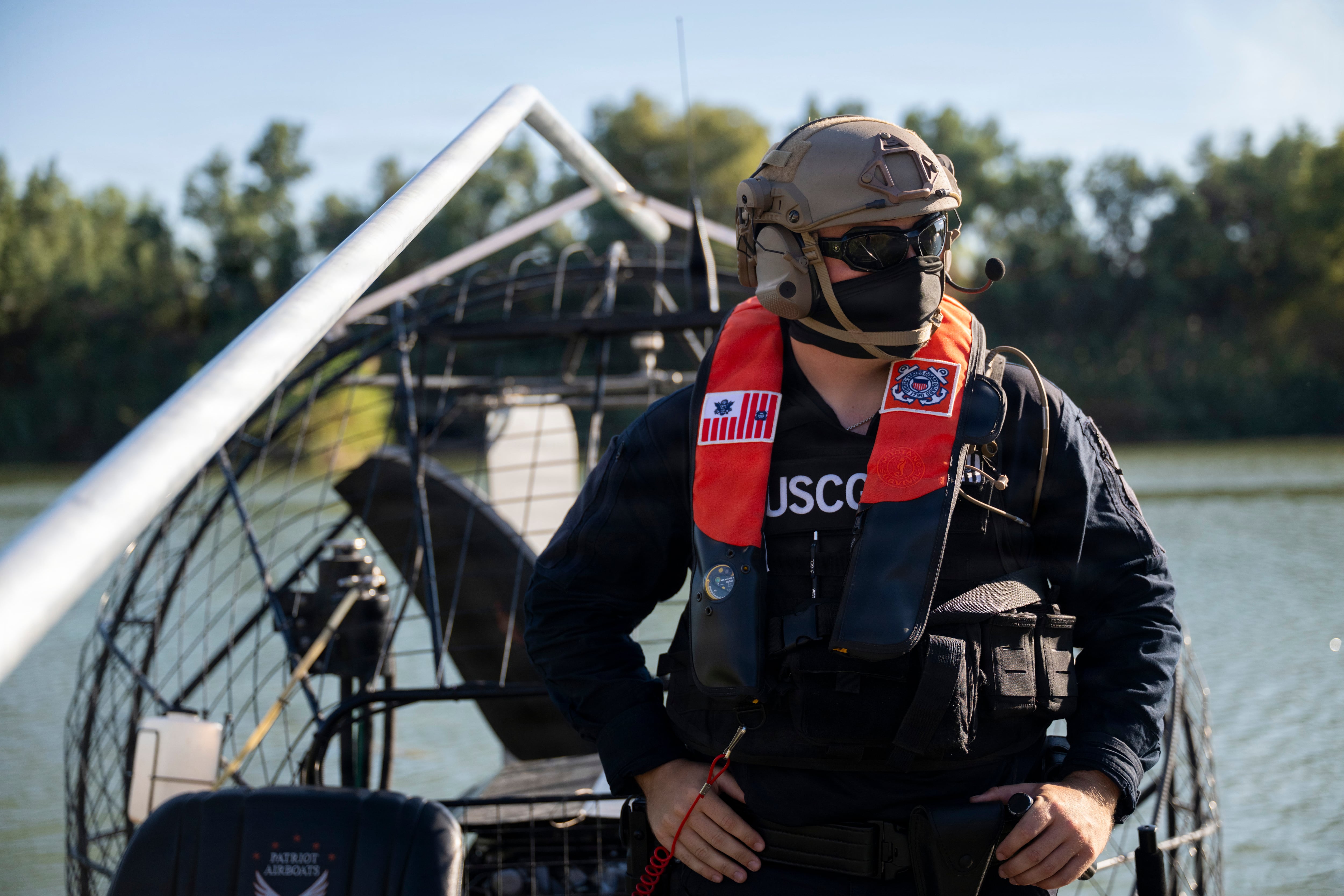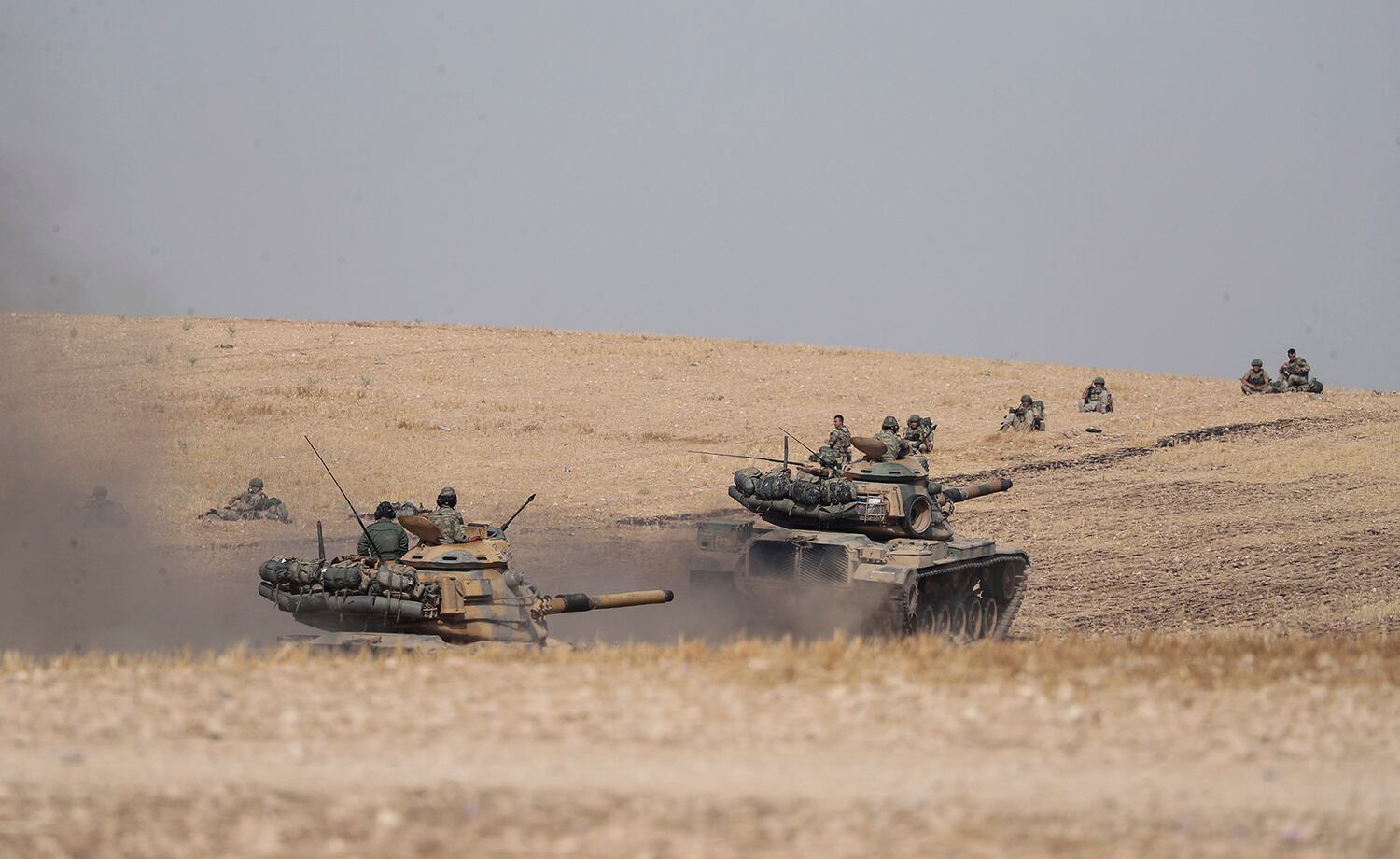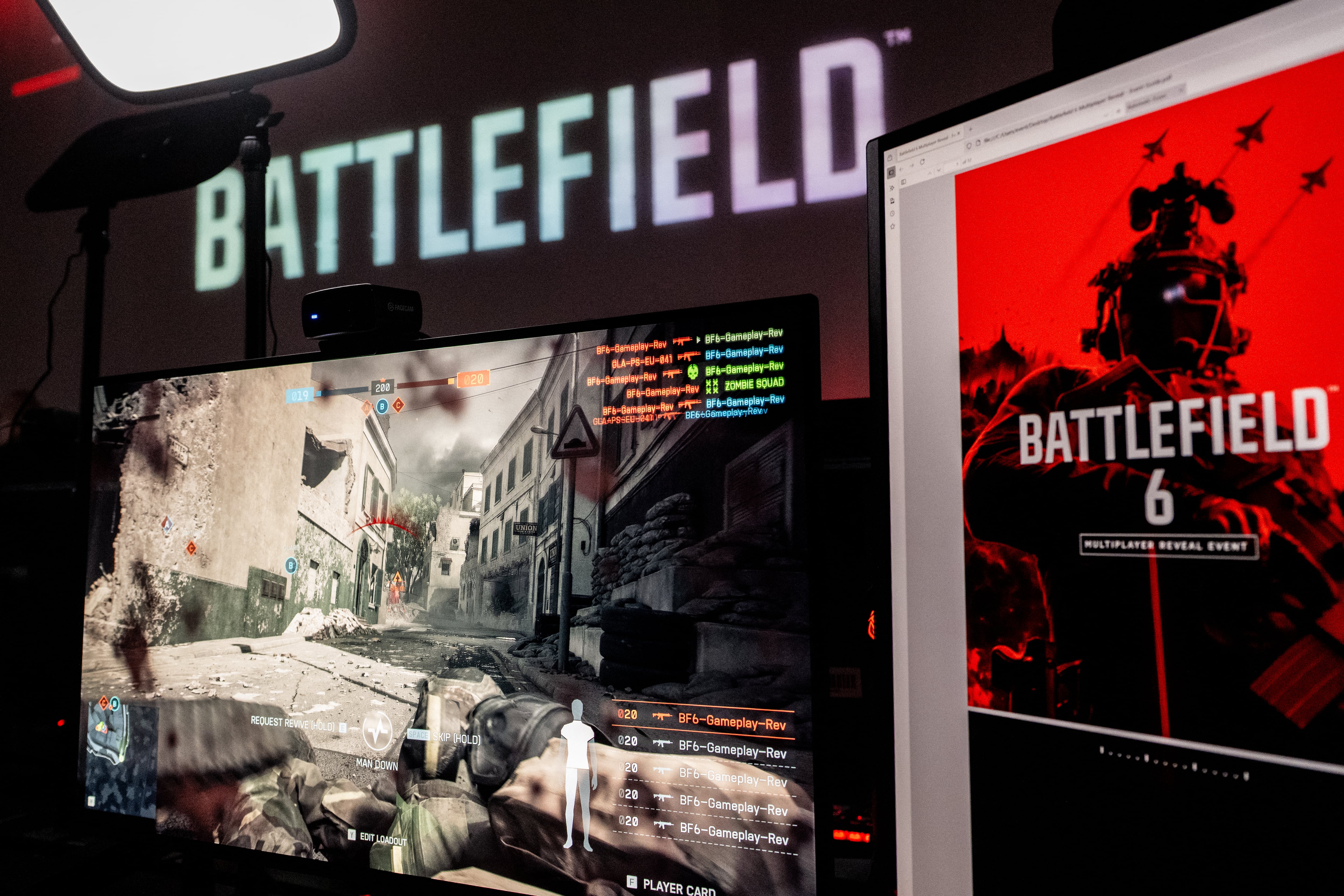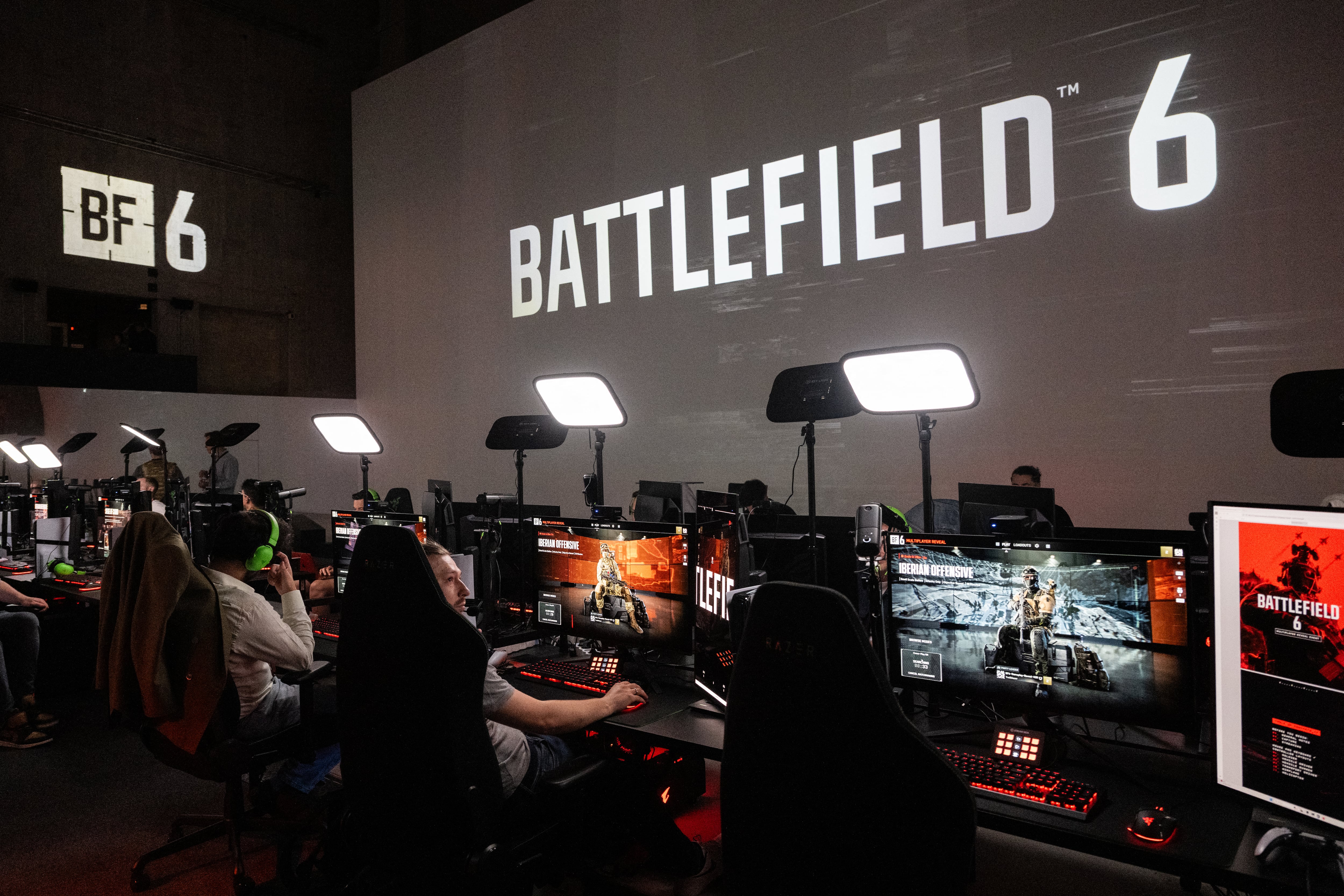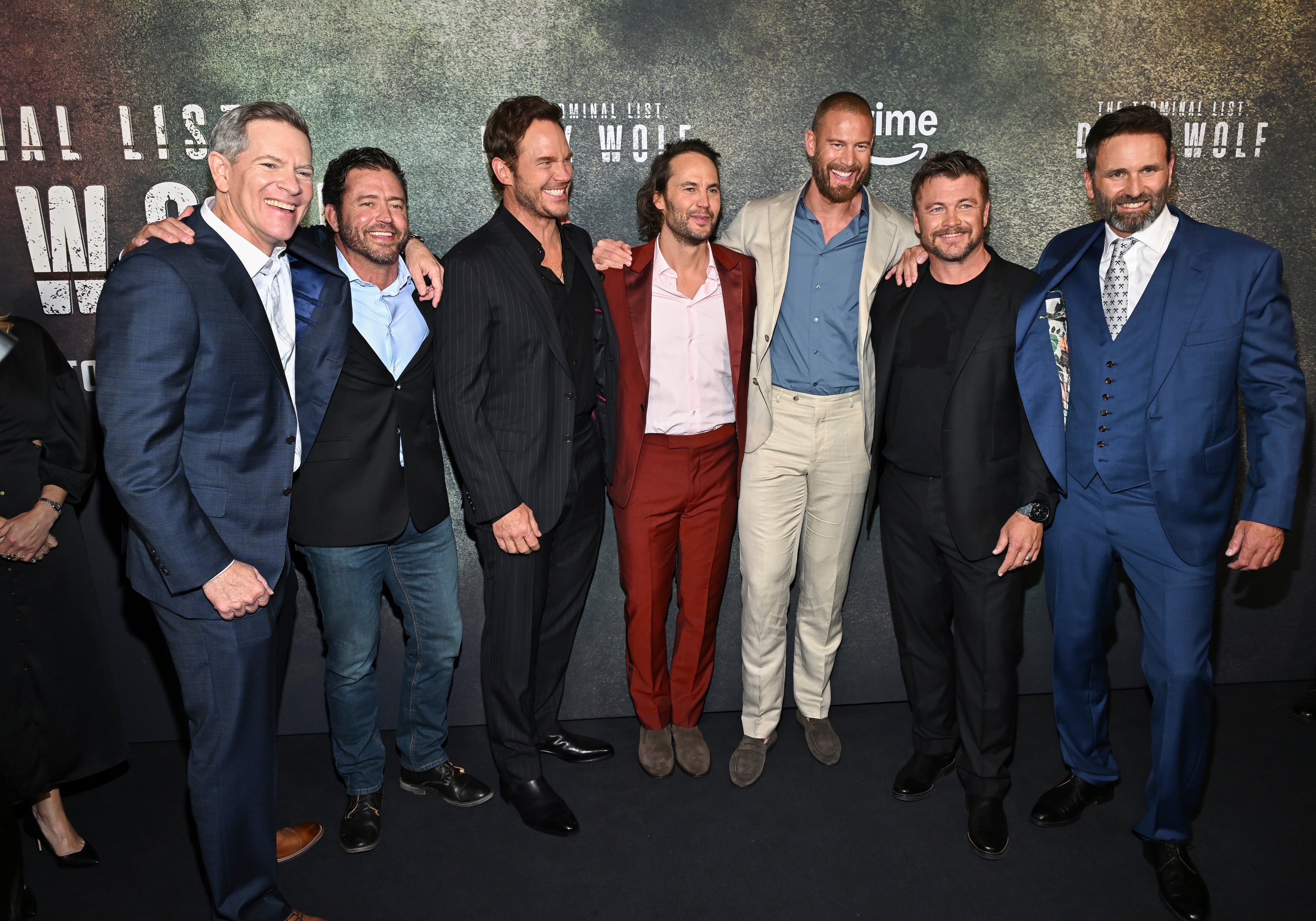One after another, the commanders who oversaw this nation’s battles in the Middle East have expressed their distaste for the way that President Donald Trump has handled the long-threatened Turkish invasion of Syria.
Some, like Joseph Votel, the former leader of U.S. Central Command, have been publicly vocal about what he sees as a betrayal of the Kurdish-led Syrian Democratic Forces, a key partner in ending the Islamic State caliphate in Syria.
Votel, who co-authored a much more detailed piece in the Atlantic, told me he was “disappointed in this policy decision" and that there “was a lot of work undertaken to avoid a decision like this. The SDF have been exceptional partners and we would have not been successful against ISIS in Syria without them. They absorbed nearly 11,000 casualties in that fight. I am concerned what this might mean for future partnerships.”
Others have expressed to me in private similar concerns, ranging from our nation’s credibility to Turkish brutality.
Earlier this week, another former CENTCOM general officer sat down with me to talk about his concerns. Those concerns are deep and they are troubling and they come from a man who, like all the others I have spoken with, is not a social justice warrior or “Never Trumper” type.
“What we are seeing in Syria is probably one of the poorest, most uninformed, even arrogant policy decisions I’ve seen by any administration in the last 30 years, and specifically involving this region of the world,” said that retired general officer, who spoke on the condition of anonymity.
“This one seems so arbitrary, so capricious, so uninformed,” he said.
The retired general officer blamed it on Trump dismissing advice and relying instead on his gut instincts.
Sometimes that works, he said, applauding some of Trump’s earlier decisions in Syria.
“The series of precision strikes on sites we believed held chemical weapons on it, an airfield with Russian citizens present, was not something the previous administration would even consider,” he said. “But it stopped the use of chemical weapons.”
But this time, Trump’s gut has needlessly inflamed the region and devastated the Kurds, he said.
The SDF “was doing an incredible job as an economy of force on behalf of the coalition,” he said, “first in the destruction of ISIS, and then actually in control so they made sure you didn’t have an ISIS resurrection.”
He paused for a second or two.
“We have lost the ability to do that,” he said, before asking questions of his own.
“Who in that region is going to ensure we don’t have a return of ISIS?” he asked, both ruefully and rhetorically. “Do you think the Kurds will do that on their own?”
The retired general officer quickly answered his own questions.
“I think we’ve lost them and I think in doing so, we may have given an opening to ISIS or some other radical Sunni violent extremist element to raise its head,” he said.
On Wednesday, Trump doubled down on his gambit. Not only are U.S. troops in Syria “totally safe” thanks to his “strategically brilliant” moves to pull back American assets in recent days, but America’s national security is unaffected.
“They have a problem at the border,” the president said at an oval office event. “It’s not our border. We shouldn’t be losing lives over it.”
A day earlier, the retired general officer said there was indeed a U.S. national security interest in supporting the Kurds because this is a region where “the guy that dominates the population is the guy that has the most guns.”
Support for a regional partner like the Kurds “has nothing to do with politics,” he said. “This is a national security issue.”
RELATED
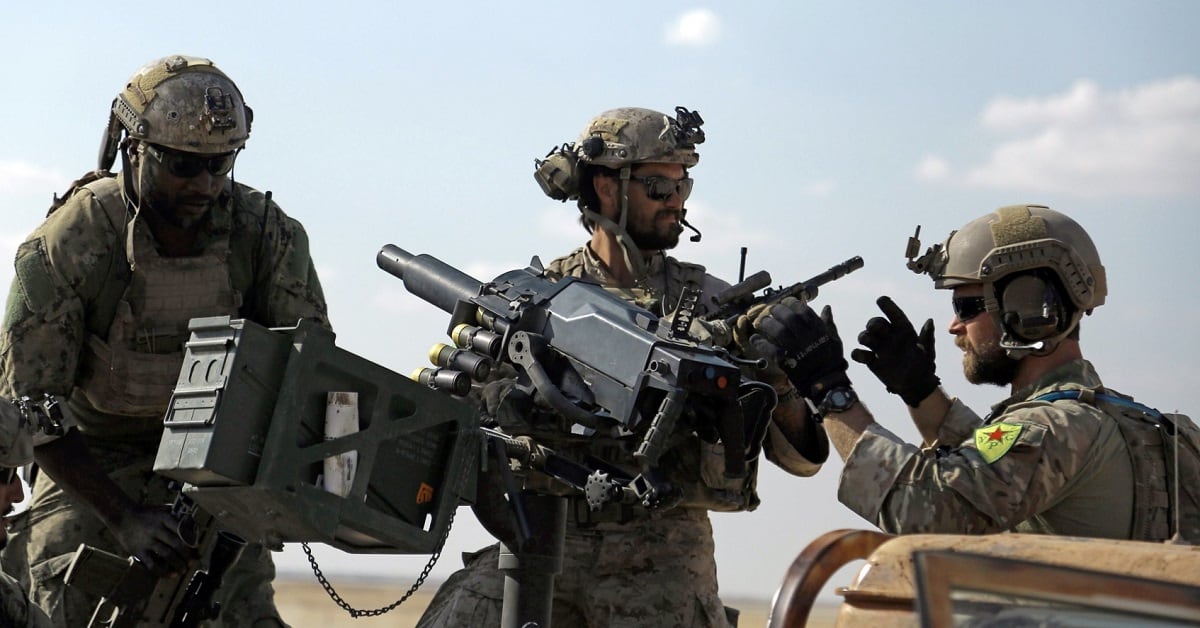
Video images flowing out of the region showing Russian troops occupying a former U.S. base give the retired general officer pause.
“There was bound to be something that wasn’t destroyed, burned or taken out,” he said, adding that he is also concerned about the potential spillover of sensitive tradecraft or information from the Kurds to their new partners, the Russians and Syrian regime forces.
Far from being a proponent of endless U.S. troop presence in the CENTCOM region, the retired general officer said there are a lot of reasons to scale back significantly in the region. Afghanistan, for instance, costs an estimated $50 billion a year in treasure and, so far this year, 17 U.S. troop deaths.
From a financial standpoint, U.S. support for the SDF has come at a mere fraction of the human and monetary costs of Afghanistan.
“This had been in our self-interest for national security,” he said of support for the SDF. “We owe that to our people.”
There is another issue, too, said the retired general officer.
“It’s the moral part,” he said, echoing the deep sense of personal loss felt by many, but certainly not all, military personnel who have worked with the Kurds. (Others I’ve talked to say there is never a good time to leave, but it was time to leave).
“This is not the first time, or the second time we have abandoned the Kurds,” he said. “It is at least the third time that we have walked away from the Kurds as an ally in that region. I think it will be many generations before anyone is willing to trust an American in uniform there. We said, ‘I’m here to protect you. And we should fight together.’ That piece is the most painful to me.”
RELATED
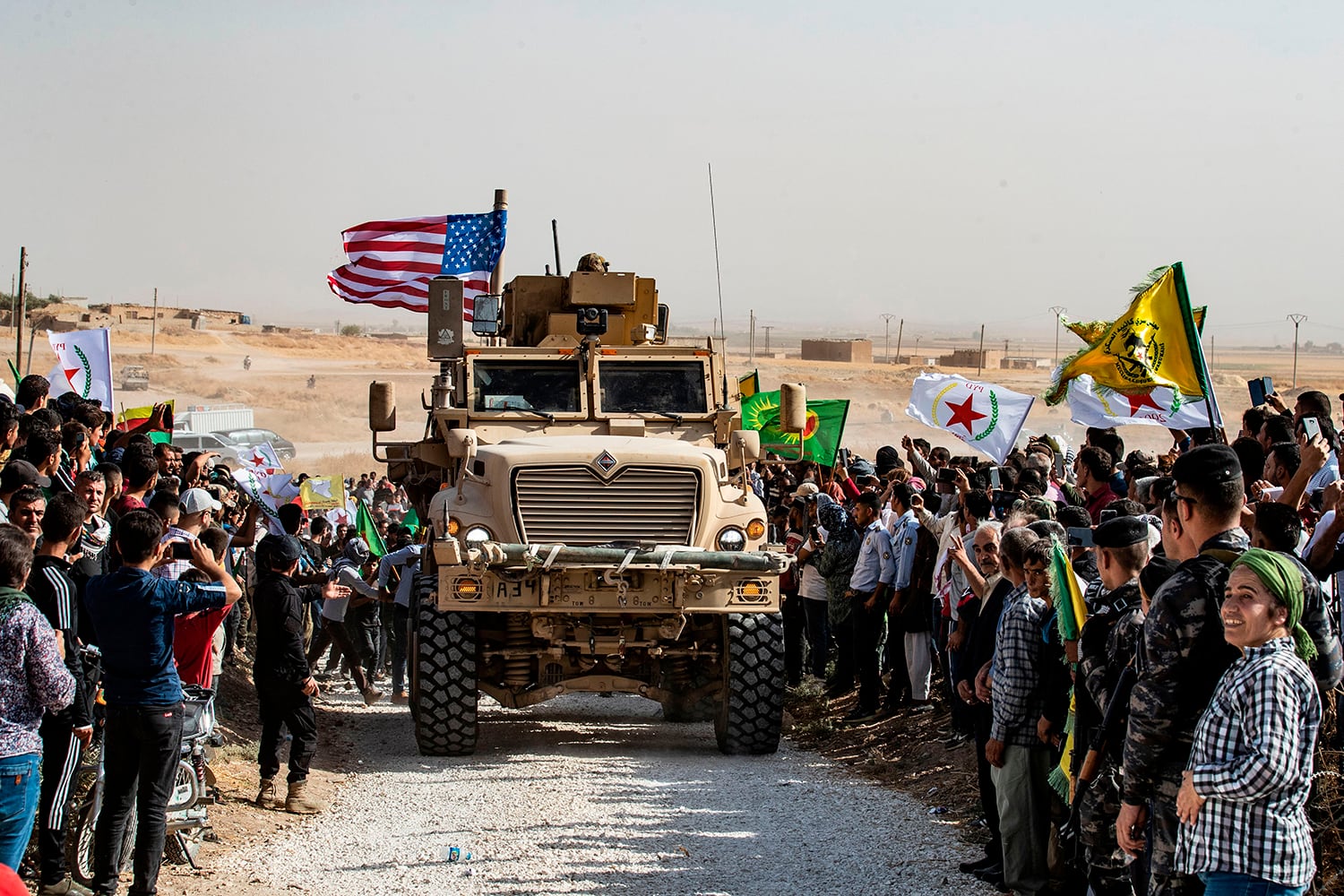
Asked what he would say to his former Kurdish counterparts, the retired general officer offered this:
“The first words out of my mouth would be a pretty humble apology,” he said. “Like any good American, you want to leave the people you are fighting with something uplifting. Carry on. But how do you do that when you know you are going to stand them up against a massive military force like Turkey?”
Howard Altman is an award-winning editor and reporter who was previously the military reporter for the Tampa Bay Times and before that the Tampa Tribune, where he covered USCENTCOM, USSOCOM and SOF writ large among many other topics.
Tags:
Trump orders withdrawal in SyriaU.S. troops withdrawing in SyriaTurks invade SyriaTurks attack SDFU.S. abandons SDFHoward AltmanU.S. Central CommandCENTCOMTurkey attacks SyriaTurkeySyriaIn Other News




